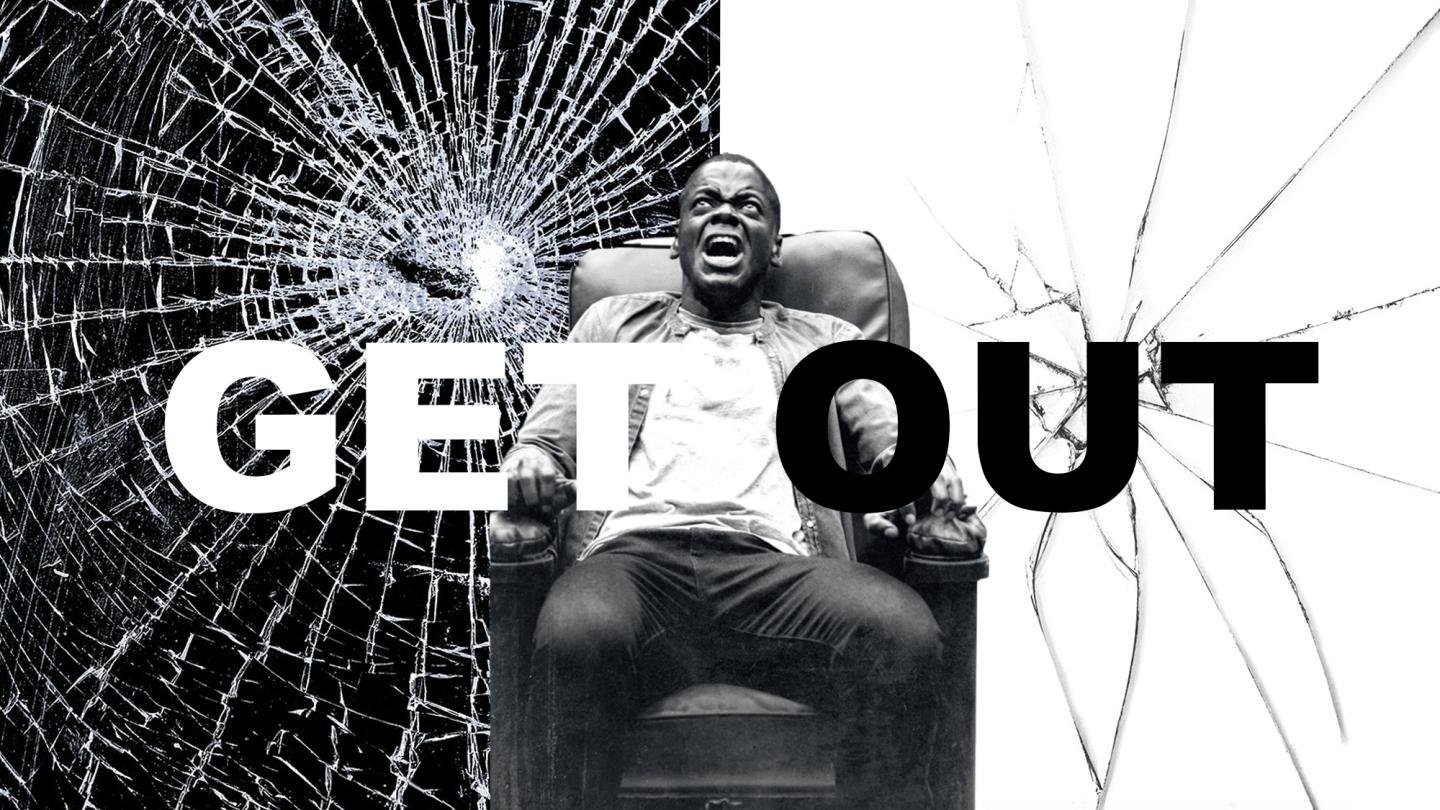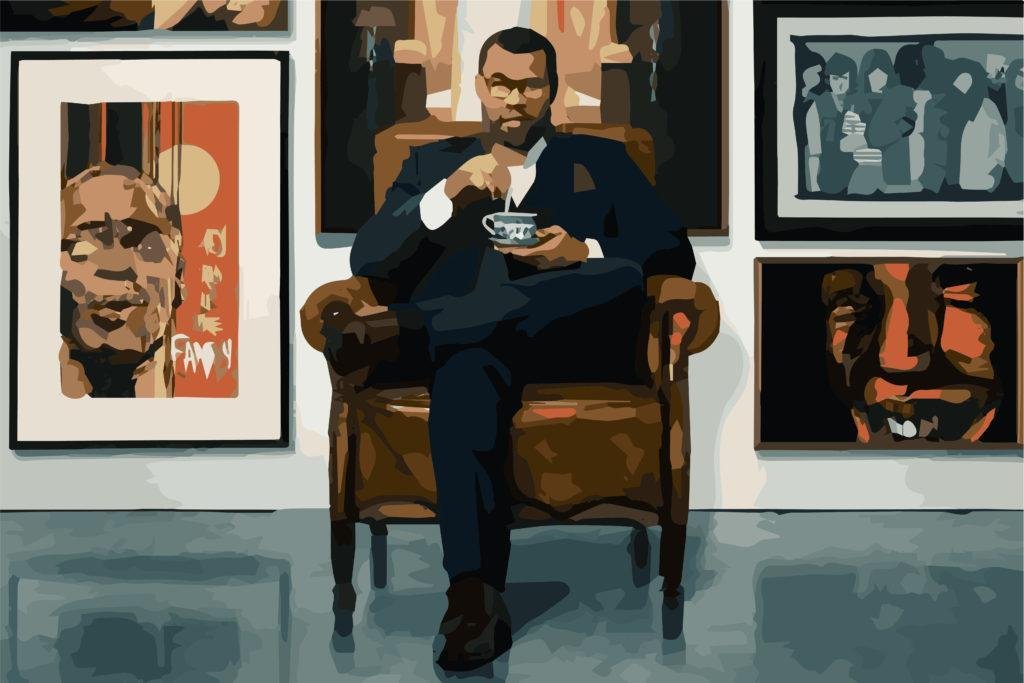Unpacking the Social Commentary of ‘Get Out’: A Must-See Horror Film
Get Out, a horror film released in 2017, directed by Jordan Peele, became an instant classic and a cultural phenomenon. It combined horror, humor, and social commentary in a way that captured the attention of millions of people worldwide. The movie delves into racial stereotypes, subconscious biases, and the exploitation of African-American bodies through a thrilling and thought-provoking plot. In this article, we’ll unpack the social commentary of Get Out and explore why it’s a must-see horror film.
Get Out, a horror film released in 2017, directed by Jordan Peele, became an instant classic and a cultural phenomenon. It combined horror, humor, and social commentary in a way that captured the attention of millions of people worldwide. The movie delves into racial stereotypes, subconscious biases, and the exploitation of African-American bodies through a thrilling and thought-provoking plot. In this article, we’ll unpack the social commentary of Get Out and explore why it’s a must-see horror film.

Introduction
Get Out is a horror film that is not only terrifying but also socially relevant. Directed by Jordan Peele, the movie offers a sharp social commentary on racism in America. In this article, we will explore the themes and motifs of the film, including the symbolism used by Peele to convey his message. We will also examine the performances of the actors, the cinematography, and the soundtrack. Get Out is a must-watch for anyone who wants to experience a thrilling and thought-provoking movie.
The Role of Race in the Film
In the movie “Get Out,” race plays a central role in the film’s social commentary. Director Jordan Peele uses horror elements to explore the insidious ways that racism operates in modern society. The film challenges viewers to confront their own implicit biases and assumptions about people from different racial backgrounds. Peele cleverly subverts traditional horror tropes, using his characters’ racial identities to heighten the tension and create a sense of unease for viewers. “Get Out” is a powerful example of how cinema can be used to address important social issues and spark meaningful conversations about race and identity.
Microaggressions and Racism in Society
In the movie “Get Out”, director Jordan Peele brilliantly exposes the issue of microaggressions and racism in modern society. Through the character of Chris, we see how seemingly harmless comments and actions can actually be rooted in racist attitudes and beliefs. This social commentary is not only relevant to the plot of the film, but also reflects the ongoing struggles and experiences of people of color in real life. Peele’s film serves as a wake-up call for audiences to be more aware of their own biases and to actively work towards creating a more inclusive and equitable society.

The White Savior Complex
In the movie “Get Out,” one of the most striking social commentaries is the theme of the “White Savior Complex.” This complex is a common trope in cinema where a white character takes it upon themselves to “rescue” a person or group of people of color from their struggles. In “Get Out,” the character of Rose’s parents, who are white, present themselves as liberal and accepting of Chris, the black protagonist. However, their true motivations are revealed later in the film as they attempt to transplant Chris‘s consciousness into a white person’s body. This commentary is a powerful critique of the way white people often see themselves as heroes in the struggle for racial justice, when in fact they may be perpetuating the very systems of oppression they claim to fight against.
The Danger of Cultural Appropriation
The danger of cultural appropriation is a relevant topic in the discussion of social commentary in the movie “Get Out”. The film portrays a white family’s attempt to appropriate African American culture in a disturbing and terrifying way. This representation highlights the harmful effects of cultural appropriation and the importance of respecting and valuing the cultural experiences of marginalized groups. As a society, we must acknowledge the harm caused by cultural appropriation and work towards promoting cultural diversity and inclusivity in all aspects of our lives, including the movies we watch and the stories we tell.
The Trivialization of Black Trauma
The Trivialization of Black Trauma is one of the central themes in the critically acclaimed movie Get Out. The film brilliantly examines the ways in which black trauma is often reduced to a mere spectacle in popular culture. Director Jordan Peele unapologetically confronts the audience with the harsh reality of the systematic oppression and racism faced by black Americans. It’s a powerful social commentary that forces us to reflect on our own attitudes and perceptions towards race. Peele’s use of humor and satire in the film highlights the importance of using cinema as a means of addressing complex social issues.

The Hypocrisy of Liberal White America
The social commentary in “Get Out” highlights the hypocrisy of liberal white America. The film expertly exposes the insidious racism that exists even within those who claim to be progressive and tolerant. The main character, played by Daniel Kaluuya, is subjected to the uncomfortable and often offensive behavior of his white girlfriend’s family and friends. This mirrors the experiences of many people of color who are forced to navigate white spaces where they are made to feel like they don’t belong. “Get Out” is a necessary and impactful film that sheds light on the pervasive nature of racism in our society.
The Fetishization of Black Bodies
In Get Out, Jordan Peele explores the concept of the fetishization of black bodies. The film’s portrayal of the wealthy white family’s obsession with black bodies and blackness highlights the uncomfortable reality of how blackness is often commodified and fetishized in our society. Through the character of Chris, Peele showcases how black bodies are often viewed as exotic, sexual objects rather than as individuals with their own agency and humanity. By addressing this issue, Peele uses cinema as a tool to bring attention to the social commentary on racism and discrimination that continues to exist in our society.
The Importance of Black Agency and Empowerment
In the movie “Get Out,” the theme of black agency and empowerment is prevalent throughout. The film explores the idea of a system that seeks to exploit and control black bodies for its own gain. However, the protagonist Chris takes control of his own destiny and fights back against the system. This is not only empowering for black audiences to see, but it also sends a powerful message to non-black audiences about the importance of recognizing and valuing black agency. It is important for cinema and movies to continue to showcase these themes of empowerment and agency in order to create a more equitable and just society.
Conclusion
In conclusion, “Get Out” is a groundbreaking film that uses horror as a vehicle to address important social issues such as racism, cultural appropriation, and exploitation. Director Jordan Peele masterfully weaves together a thrilling plot with thought-provoking commentary, resulting in a film that is both entertaining and socially relevant. The performances by the cast, especially Daniel Kaluuya, add depth and emotion to the story. “Get Out” is a shining example of how cinema can be used to spark important conversations and challenge societal norms.
For more information about Social commentary in Get Out, including movie details, cast information, etc..
check out the filmaffinity page.



